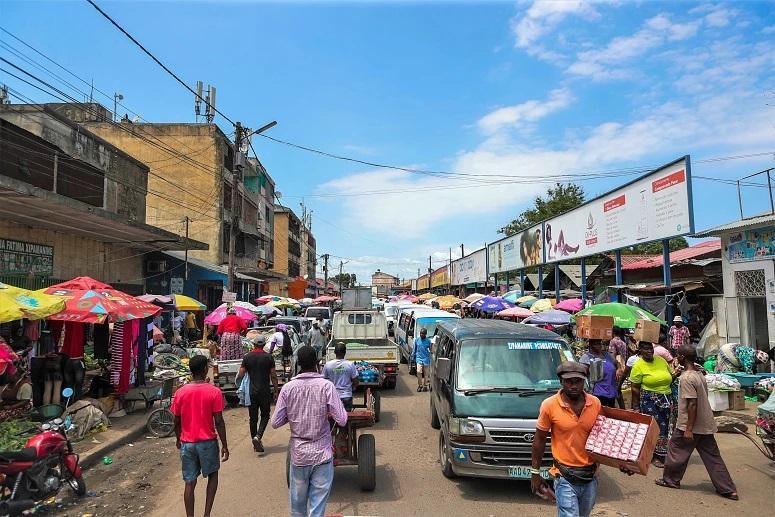Africa-Press – Mozambique. Cape Verde is leading the economic growth of the Portuguese-speaking African countries (PALOP) this year, according to World Bank forecasts, which only put Equatorial Guinea in recession.
In the World Bank’s twice-yearly Global Economic Prospects report, released yesterday in Washington, Cape Verde is expected to grow 5.9% this year, an upward revision of one percentage point compared to the January forecasts, making it the fastest-growing Portuguese-speaking African economy this year, and also next year, when it is expected to record a 5.3% GDP growth.
In the chapter on sub-Saharan Africa, included in the report on the global economy, the World Bank says that Guinea-Bissau, with GDP growing 5.1% this year and 5.2% next year, is the second fastest growing economy in the PALOP group, with the World Bank keeping the forecast made in January practically unchanged.
The same is true for São Tomé and Príncipe, which will record a GDP growth of 3.1% this year and 4.8% in 2026, only a slight downward revision of 0.2 points for this year, compared to the estimate made in the previous report released in January.
Angola, the largest Portuguese-speaking economy in Africa, will slow GDP growth significantly this year, falling from 4.4% in 2024 to 2.7% in 2025, which represents a drop of 0.2 points compared to last year’s forecast.
Mozambique is the country where the revision was strongest, one percentage point below the January estimate, which means that the country should grow by only 3% this year and by 3.5% in 2026.
Equatorial Guinea, despite the strong upward revision of 1.3 points, remains in recession, and should record negative growth of 3.1% this year, and then grow by 0.6% next year.
At regional level, the World Bank has revised downward its growth forecast for sub-Saharan Africa this year, now anticipating a 3.7% expansion in GDP, compared to the 4.2% it estimated in January.
“Growth this year and next is expected to be weaker than previously forecast, due to the deteriorating external environment and domestic headwinds,” the report reads.
In the document, the World Bank points out that the slowdown in African growth, while still above the 3.5% recorded last year, is due to “high public debt, still high interest rates and rising debt servicing costs, which have reduced fiscal room for manoeuvre, leading to fiscal consolidation efforts in many countries, especially as financing needs remain high due to cuts in development financing”.
At the global level, the World Bank forecasts growth of 2.3% this year, the slowest pace since 2008, excluding the years of recession.
For More News And Analysis About Mozambique Follow Africa-Press






